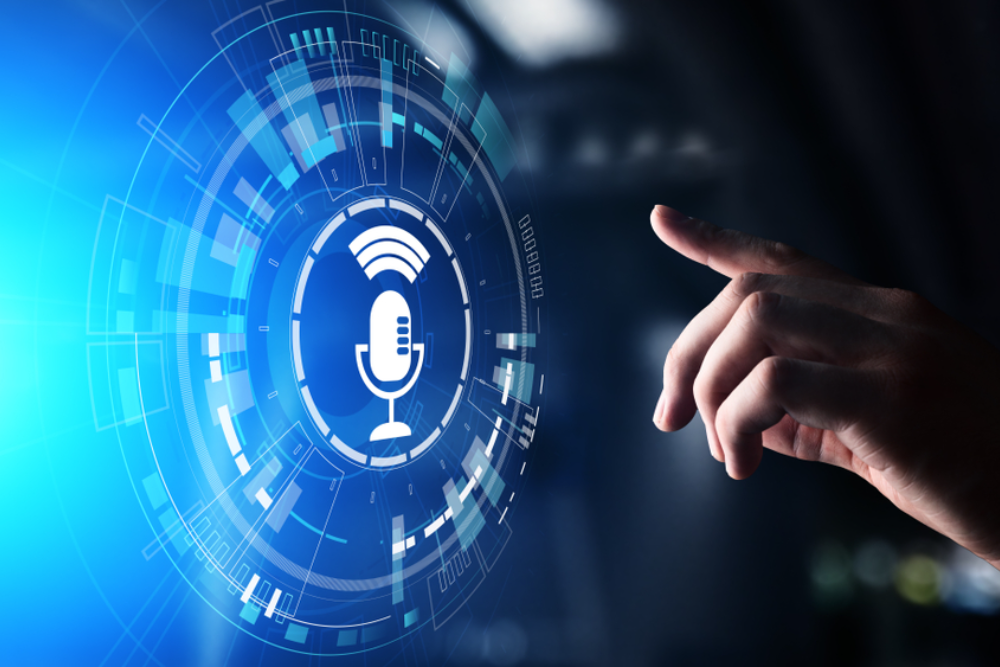Navigating the complex legal landscape of AI in music production

The intersection of artificial intelligence (AI) and music production has led to innovative creations, but also complex legal challenges. Recently, AI startups Suno and Udio faced lawsuits from major record labels for allegedly using unlicensed sound recordings to train their AI models.
Details of the lawsuit
The Recording Industry Association of America (RIAA), representing giants like Sony Music Entertainment, Universal Music Group, and Warner Music Group, has initiated legal actions against these AI firms in Massachusetts and New York. The lawsuits claim that the startups created tracks that closely resemble copyrighted songs from the labels’ catalogs without proper licensing.
RIAA chair and CEO Mitch Glazier emphasized that exploiting artists’ work without compensation undermines the potential of AI technology to benefit the music industry legitimately. The labels are seeking damages of up to $150,000 per infringed work, though the exact number of songs allegedly copied has not been disclosed.
The viral hit ‘BBL Drizzy’
Amidst these legal battles, the AI-generated track ‘BBL Drizzy’ gained viral status, further complicating the discourse. Created by comedian and tech enthusiast King Willonius using the Udio app, the track emerged during a high-profile feud involving notable artists like Drake, Rick Ross, and Kendrick Lamar.
Despite the controversy, Willonius clarified that the lyrics of ‘BBL Drizzy’ were his own creation, countering the common belief that they were AI-generated. His involvement illustrates the blending of human creativity with AI tools in modern music production.
The ongoing lawsuits highlight the need for clear regulations in the AI-driven music industry to ensure that innovations do not infringe on artists’ rights. As AI continues to evolve, the music industry must address these legal and ethical challenges to harness AI’s full potential responsibly.






